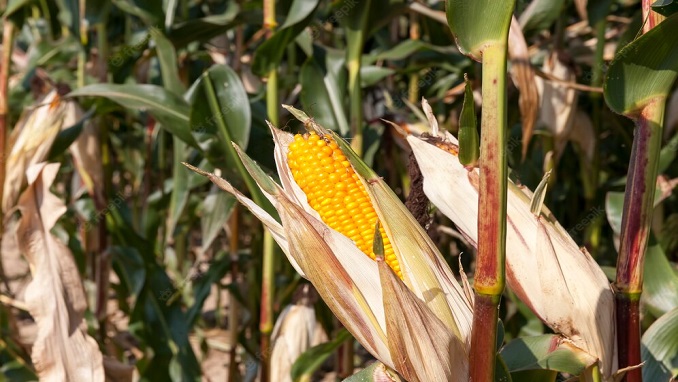If Mexico goes ahead with its planned ban on genetically modified corn, it would impact food security in North America and raise consumer prices for corn and other foods, especially in Mexico, according to a new study released Monday.
According to the report by World Perspectives, there would be a $11.72 billion decrease in Mexico’s GDP over 10 years, and labor income would be decreased by $2.99 billion due to the predicted annual loss of 56,958 jobs.
With regard to the impacts on the U.S. economy, the report predicts that “over the 10-year forecast period, the Mexican ban would cause the U.S. economy close $73.89 billion in economic output.”
Additionally, the report said, there will be negative impacts on corn farming, corn wet milling, ethanol, and transportation, and “the U.S. would lose 32,217 jobs annually with labor income falling $18.38 billion.”
Canada’s economy would lose $92.85 million over 10 years, the report says.
Serious impacts on the corn trade
As we previously reported, Mexico imports around 17 million tons of U.S. corn per year, “with corn for human consumption accounting for between 18% and 20% of the total U.S. corn imports”.
A December 2020 decree by Mexican President Andres Manuel Lopez Obrador would phase out GM corn by 2024.
According to USDA, roughly 90% of U.S. corn is genetically modified, and, as a June report prepared by World Perspectives Inc. for CropLife International found, “the proposed ban will force North American grain handling systems into two streams (GM and non-GM corn), an approach that is costlier, disincentivizes innovation and subjects supply chains to greater volatility.”
Although Mexico’s Agriculture Ministry has indicated yellow corn for livestock could still be imported and the USDA says it is negotiating the issue, President Obrador remains adamant about refusing all GM corn, prompting U.S. farmers represented by the National Corn Growers Association to demand that the U.S. Trade Representative (USTR) launches “a dispute settlement proceeding under the USMCA trade pact, which includes Canada and Mexico.”
Pointing out that “agriculture must continue to innovate to meet 21st-century challenges” like any other North American sector, Juan Cortina Gallardo, President of the National Agricultural Council of Mexico said that “we believe in science-based agricultural policies that improve agricultural production and sustainability.”
Biotech community reiterates warnings
The Biotechnology Innovation Organization (BIO) and the biotech community have been vocal in their calls for U.S. government to address the proposed ban, with BIO stressing its support for “taking enforcement action on Mexico’s treatment of agricultural biotechnology” if dialogue fails.
“Mexico’s barriers to biotechnology innovation will only exacerbate food price inflation for its most vulnerable citizens,” said Dr. Michelle McMurry-Heath, President and CEO of BIO. “To ensure producers have access to the technologies necessary to strengthen food security, improve sustainability, and tackle climate change, we urge Mexico to return to timely and science-based risk assessments of biotech traits for agricultural products.”




